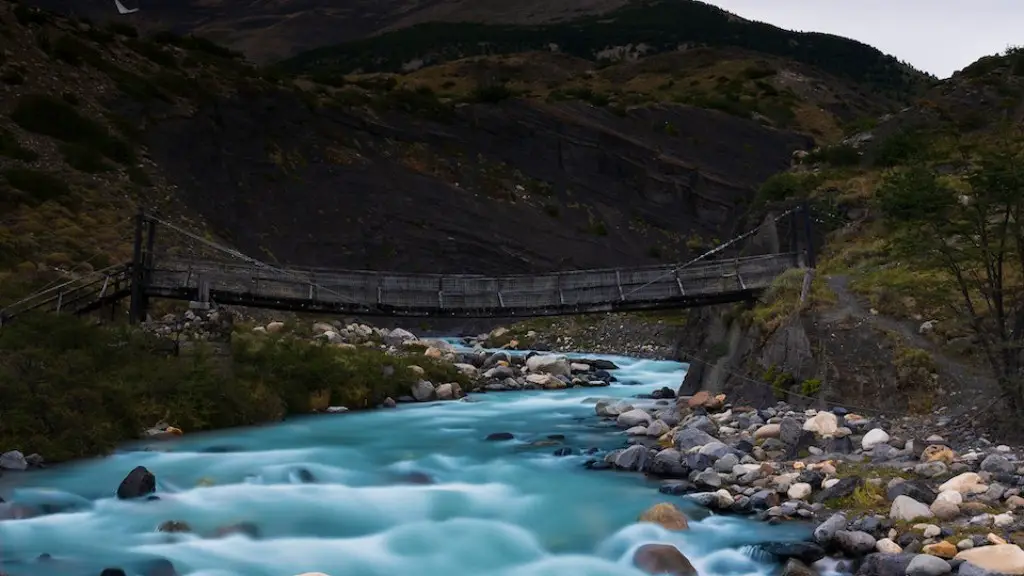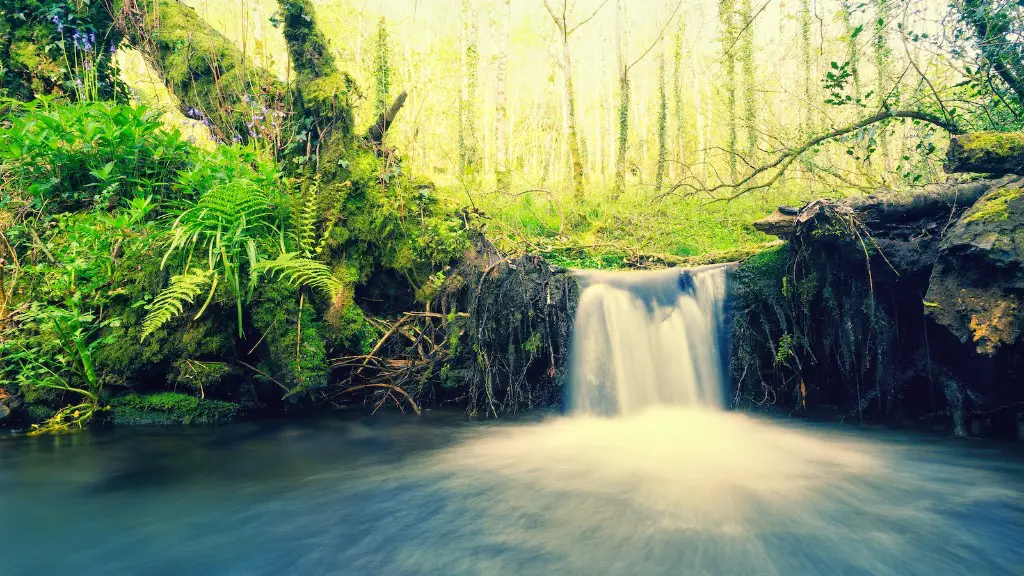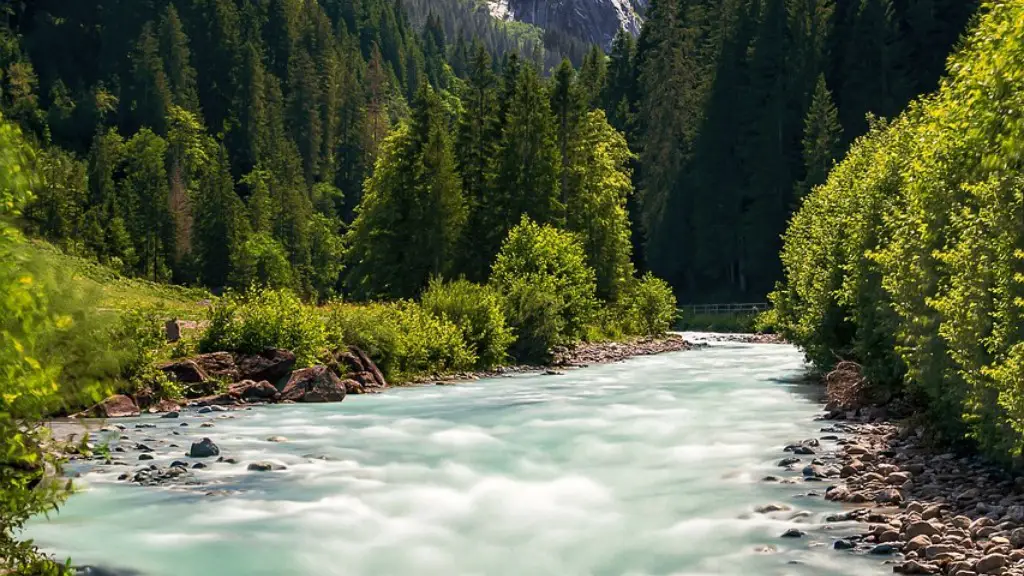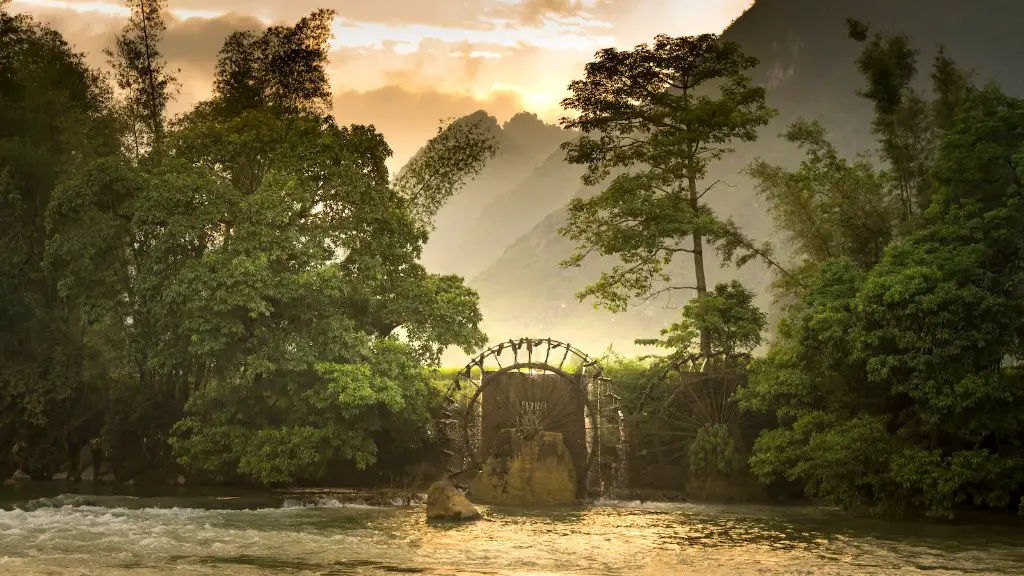Once known as the lifeblood of the Midwest, the Mississippi River’s waters now face an array of threats. From industrial agriculture runoff to waste and chemical dumping, many of the issues causing pollution in the Mississippi River reside within the businesses and communities that inhabit it.
The agricultural industry has become one of the biggest environmental issues facing Mississippi River watersheds. Runoff from pesticides, fertilizers and herbicides – chemicals used in large-scale farming – can carry away much of the soil and sediment causing nutrient pollution.
“There are areas in the Mississippi River where you say ‘the water is dead’ or the ‘fish don’t move’ or ‘the water isn’t clean’,” says Alan Welsh, a professor of Biological Sciences at the University of Memphis. “What happens with nutrient pollution is that it leads to a disruption in the food web, with impacts to both aquatic and human health.”
The runoff that causes nutrient pollution often contains nitrates, which can find its way into groundwater supplies and drinking water, leading to “dead zones” that have been known to have severe impacts on the aquatic life in the Mississippi River.
Pesticide and herbicide use is another major issue, as the chemicals are known to have negative impacts on not only aquatic life, but also the people that consume it once the toxins become a part of the food chain.
“The biggest concern for us is that these chemicals are persistent in the environment, meaning that as they move through the food web, they end up in the people at the top of the system,” Welsh says. “We are exposed to these same pollutants time and time again and that’s a real risk for us.”
In addition to agriculture runoff, the Mississippi River is also threatened by industrial and municipal waste. Byproducts like heavy metals and chemical toxins can find their way into the river via wastewater treatment plants, from factories and gasoline leaks.
Pollution from automobiles is an additional source of environmental damage for the Mississippi River. Gasoline and diesel products can seep into water sources through oil spills or through direct dumping. As a result, sediment, metals and oils can accumulate in the groundwater, leading to health concerns for humans and wildlife.
Effect on Ecosystem
The pollution caused by industry, cars and runoff from agricultural chemicals has resulted in a drastic ecosystem shift in the Mississippi River Basin. Over time, the presence of toxins in the water can lead to a disruption in the food web, with decimated populations of fish and aquatic life.
According to the USGS, “many fish have died and those that remain have experienced ongoing harm. Impoverishment of aquatic ecosystems in the Mississippi River Basin affects waterfowl, other birds, mussels, reptiles, and mammals – as they depend on aquatic life for food.”
The disruption caused by nutrient overload also leads to algae blooms on the surface of the water, depriving the fish and other aquatic life of oxygen. This further exacerbates the environmental issues caused by pollution in the river, leading to a lasting and much deeper ecosystem shift that could take years to reverse.
Welsh points out that a large part of the problem is that many companies and manufacturers are not held accountable for the pollution they create. This results in little to no deterrence of preventative measures, leading to more frequent and severe environmental damage.
Impact on Humans
Further, the environmental and ecosystem damage of the Mississippi River pollution can lead to serious human health consequences. According to the US Environmental Protection Agency, “exposure to these contaminants can have severe neurological and reproductive effects, and can even cause death.”
The presence of these toxins can also exacerbate existing health conditions like asthma or chronic obstructive pulmonary disease, making them even more debilitating for those who are affected.
The problem for many people is that the pollutants in the Mississippi River can be difficult to detect. “The toxins in the water can be very difficult to detect and often times, the effects are not seen until they become severe,” says Welsh. “We need to be aware of the potential dangers to ourselves and to the environment in order to make sure everyone is safe.”
In addition, the nutritional benefits that the river once provided have been significantly reduced due to the presence of pollution. This leaves more people relying on food that has been grown in unnatural conditions and, in turn, consuming toxins that have worked their way up the food chain.
Clean Up Efforts
Over the past decades, many organizations have made efforts to reduce the amount of pollution that is present in the Mississippi River. From public initiatives and fundraising drives to governmental regulations, there are a number of steps that are being taken to protect the waters and reduce the environmental impact.
The EPA, for example, has created the Clean Watersheds program, which uses federal funds to carry out efforts of water quality protection. The initiative also helps businesses and regions find ways to reduce their own environmental impact, as well as provide education on water safety and cleanliness.
Furthermore, the US government has made a number of laws that govern use of the river and its resources, with fines and penalties for those who violate the regulations.
And local communities and organizations often come together to raise money and awareness of the importance of cleaning up the river. While the presence of pollutants cannot be eliminated overnight, these initiatives give people hope that they can still make an impact on the environment.
Pollution Prevention
In order to prevent the further damage of the Mississippi River and its resources, it is essential that companies, manufacturers and agricultural practices take preventive steps to reduce their environmental impact.
One of the most effective ways to do this is to reduce the amount of chemicals and toxins that are used in factories and industrial complexes. Companies should also invest in water-friendly technologies and filters in order to reduce the amount of pollutants that are released into the river.
On the agricultural side, farmers should ensure that they are applying the proper amount of pesticides, herbicides and fertilizers in order to reduce the amount of runoff that is making its way into the river.
In addition, implementing better waste management practices can be instrumental in limiting the amount of toxins that reach rivers and other water sources. And public initiatives, such as clean-up days, beach cleanups and waterway restorations can help to reduce pollutants even further.
Political Action
The pollution in the Mississippi River has been a major political issue for decades, and has only grown to become more of a concern as new research has emerged on the environmental impacts of industrial and agricultural runoff.
Recently, there have been calls for new laws and regulations that would hold corporations responsible for their environmental impacts, as well as an increased effort to educate the public on the dangers of nutrient pollution and water safety.
For example, lawmakers have proposed an official “Clean Water Act”, which would provide more funding to the EPA’s Clean Watersheds program and make it easier for companies to access resources and knowledge regarding preventing water pollution.
However, not all political initiatives have been successful. Despite a number of proposed laws and bills, many of them have failed to get passed, due to industry interests and financial concerns. As a result, it is still difficult to make progress on protecting the Mississippi River from the effects of pollution.
Conclusion
Ultimately, the pollution problems that are facing the Mississippi River are complex and problematic in nature. With polluting agents coming from industry, agriculture and cars, it can be difficult to find an efficient and sustainable solution.
While there have been efforts to clean up the pollution and reduce the environmental impact, there is still much work to be done to save the river and its resources from further harm.





